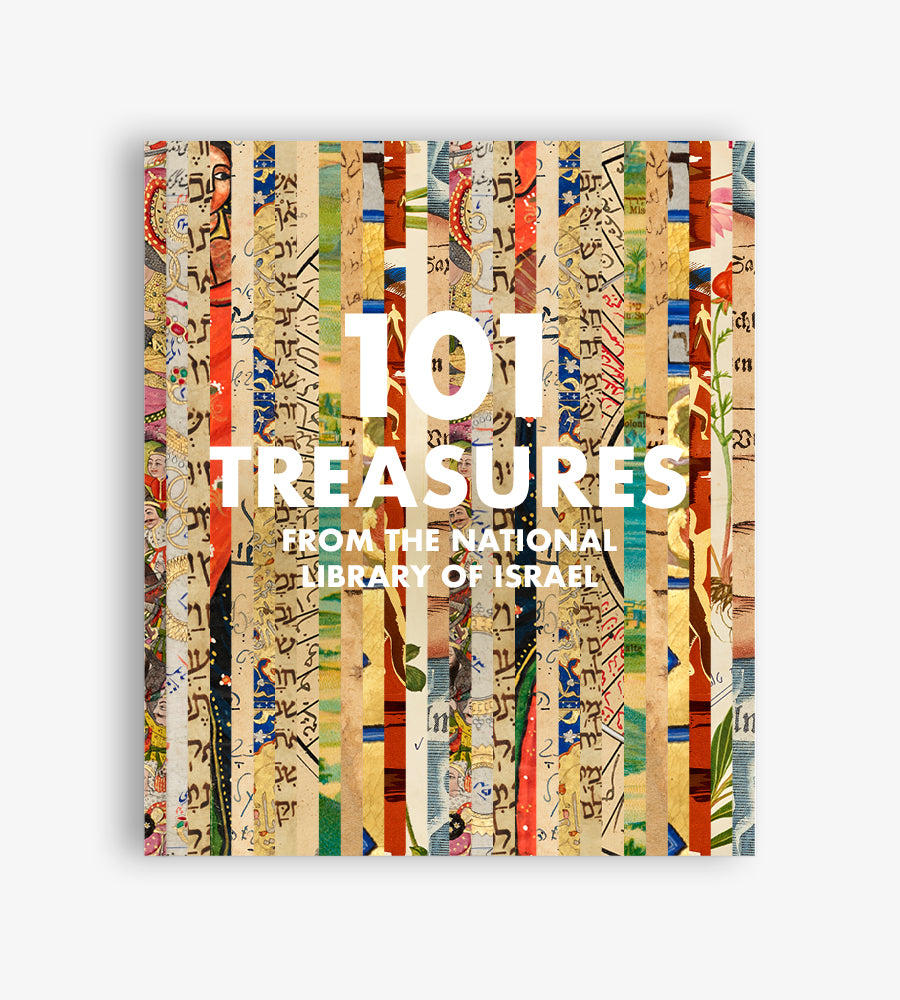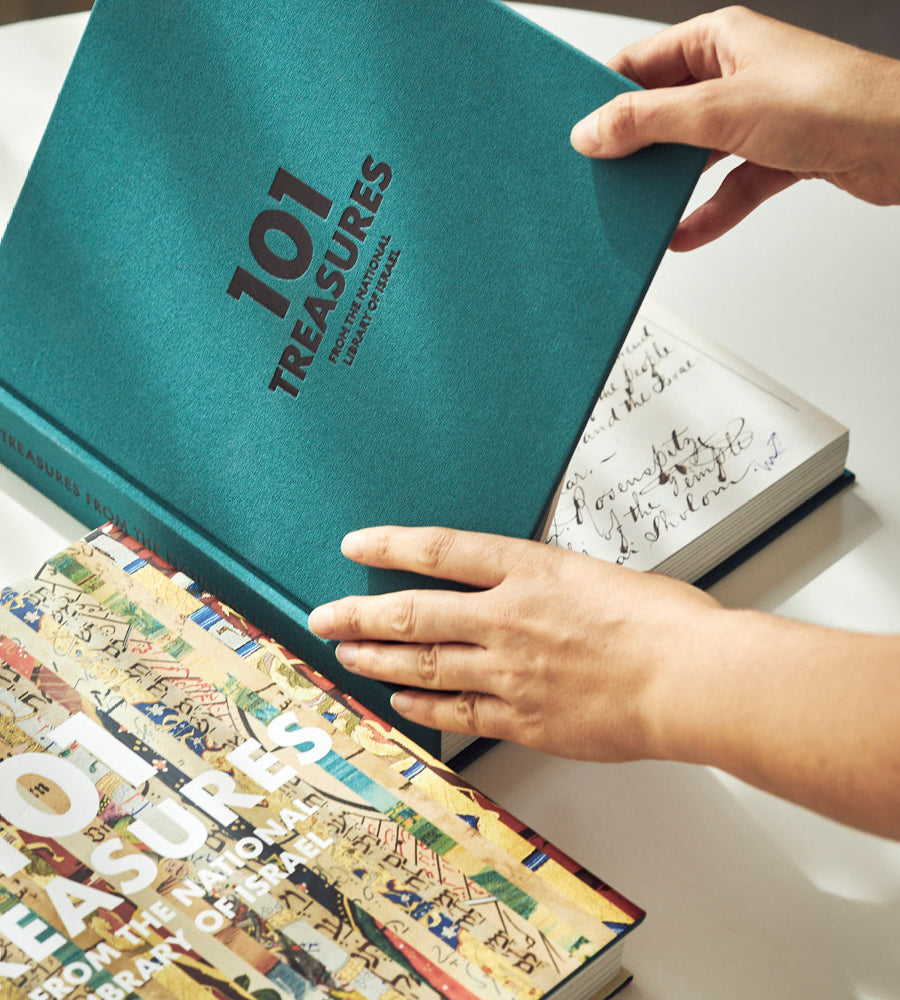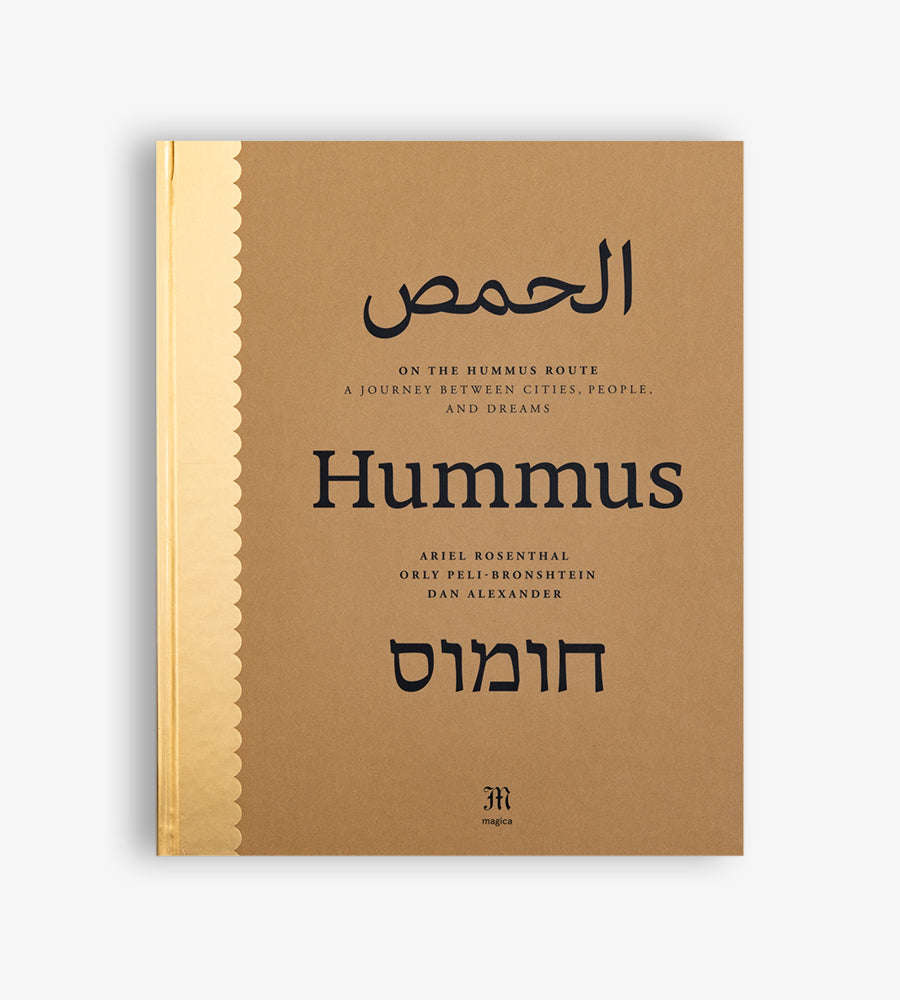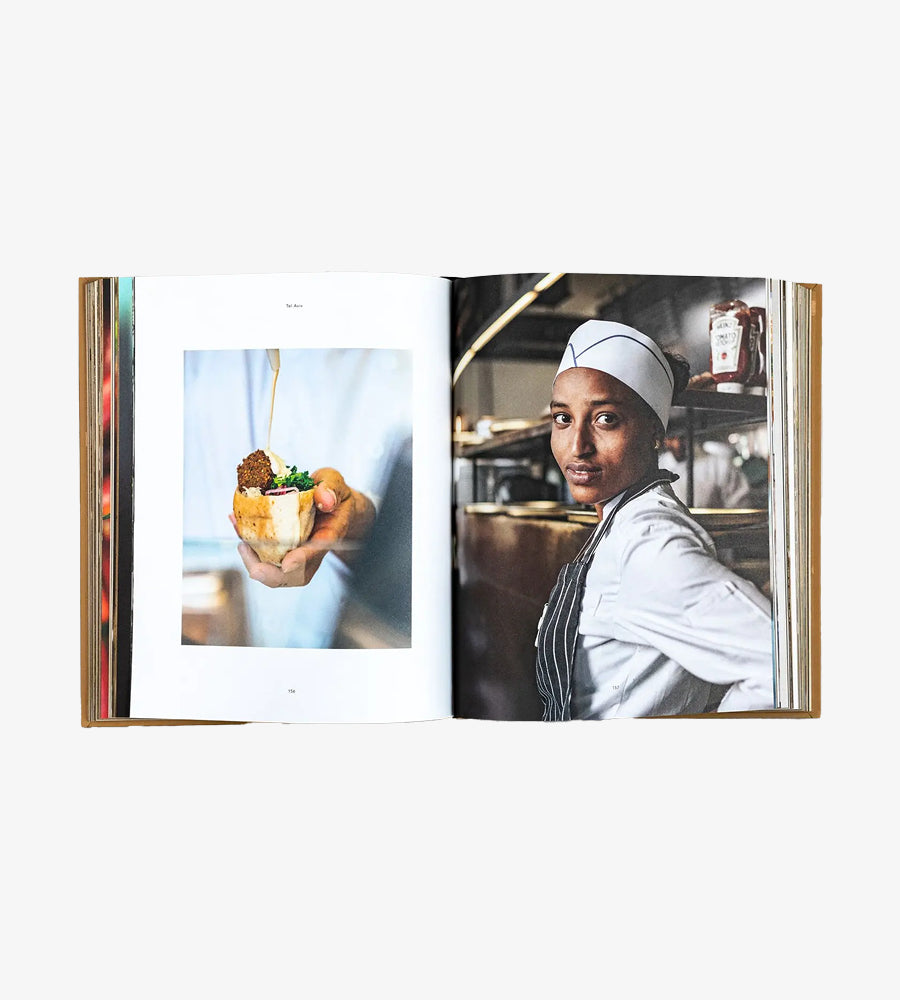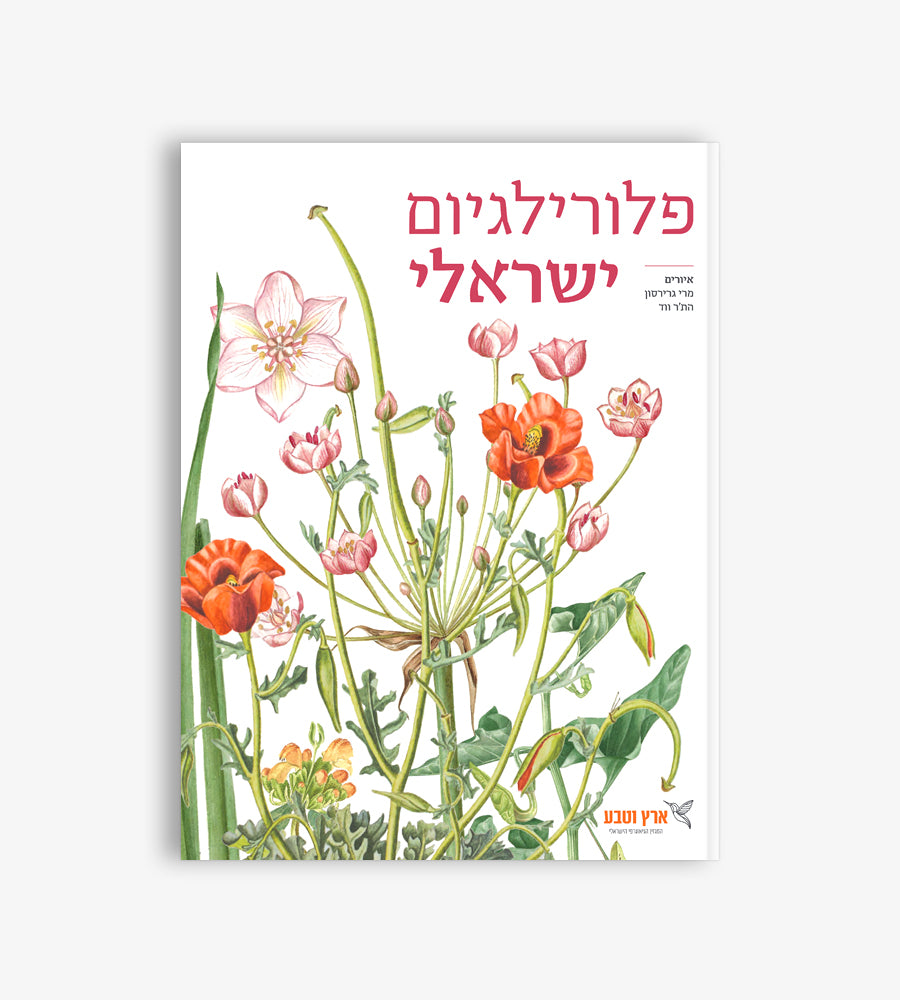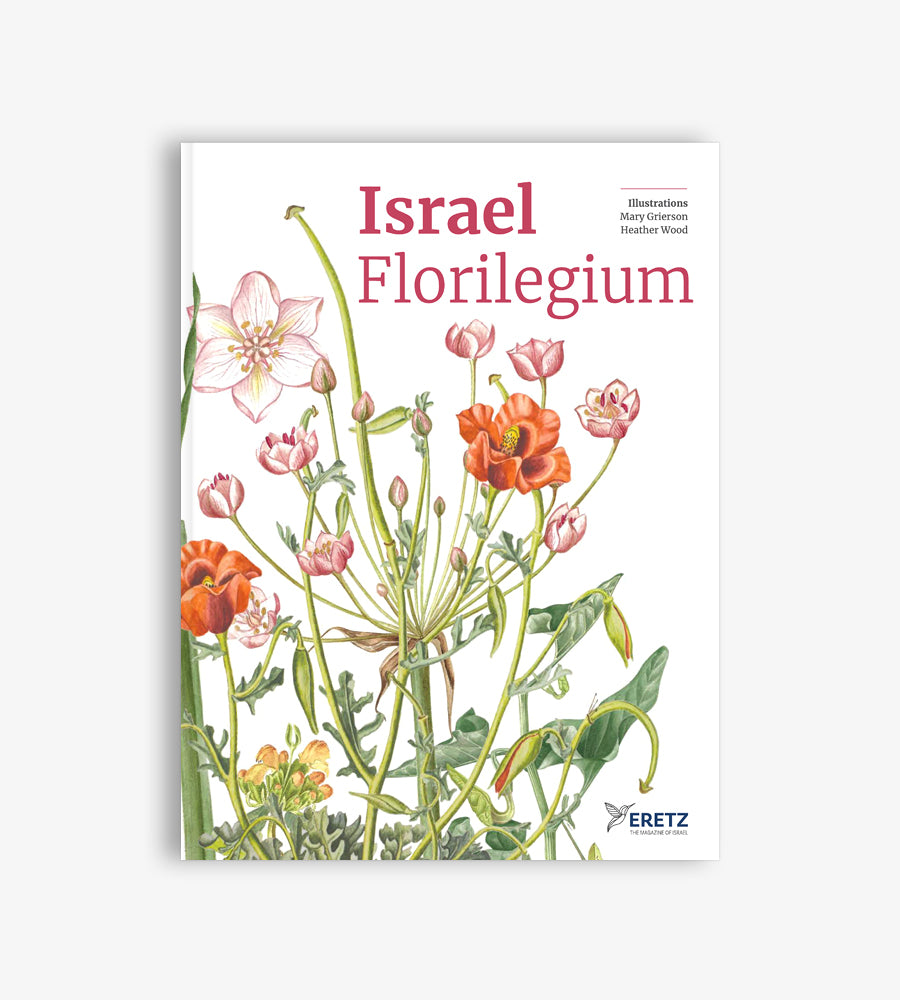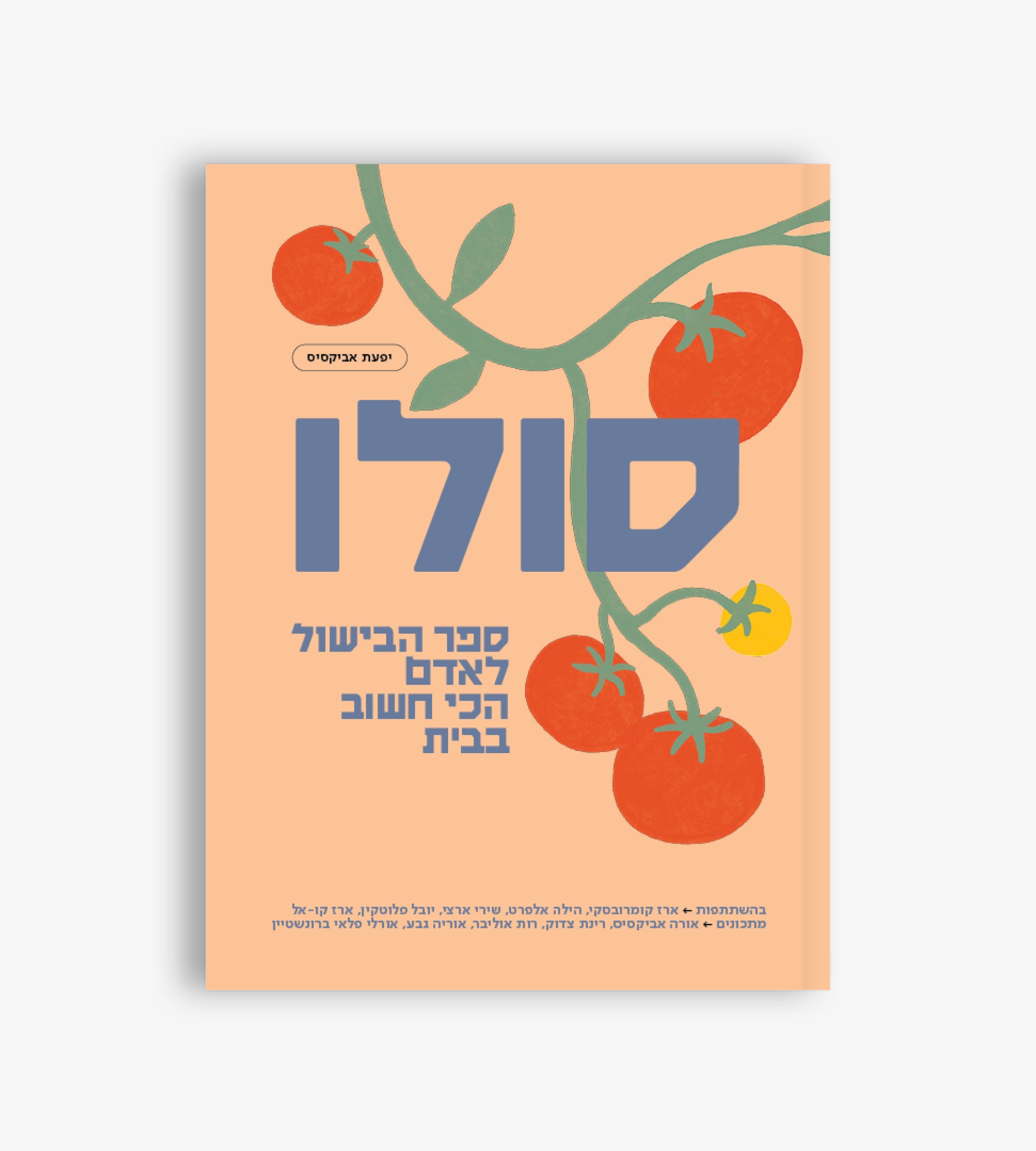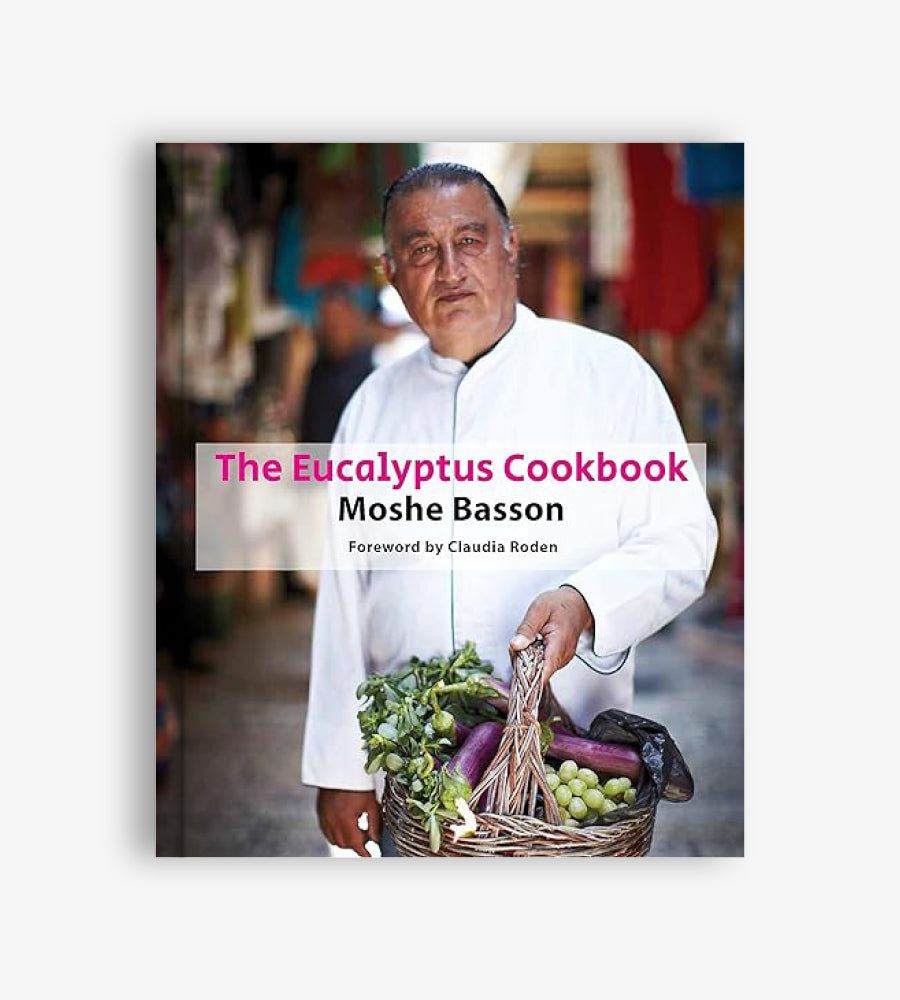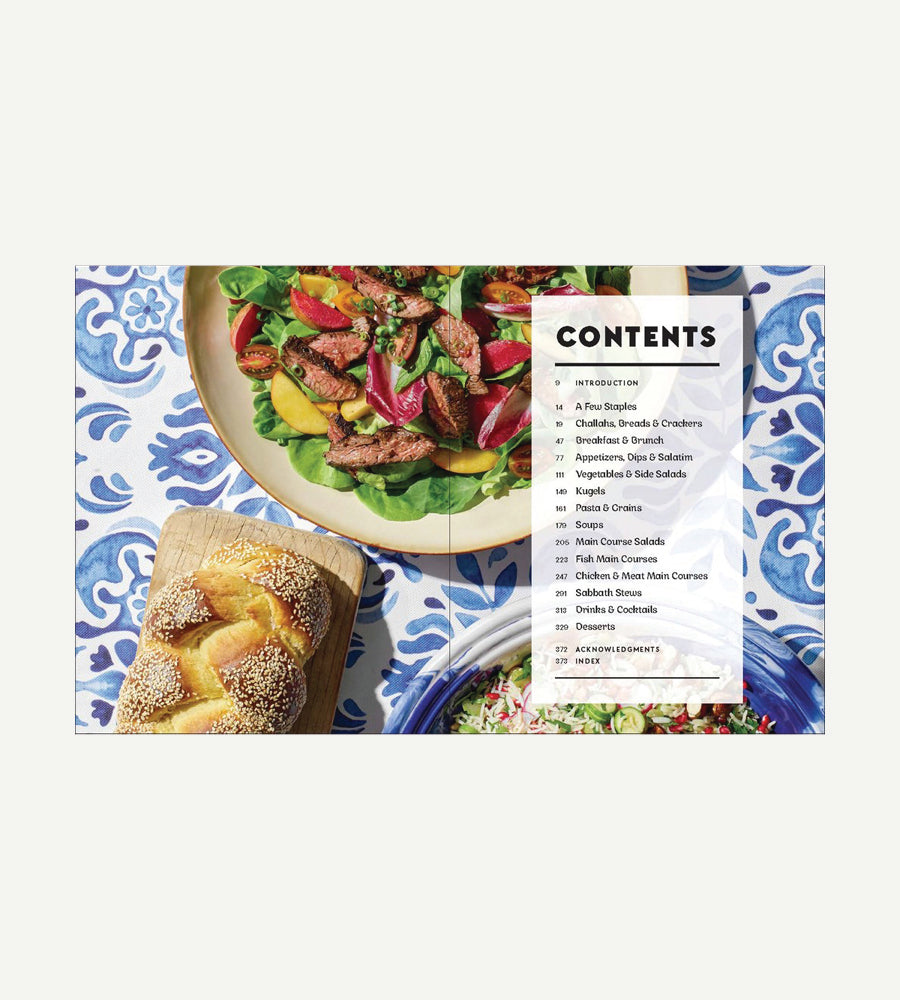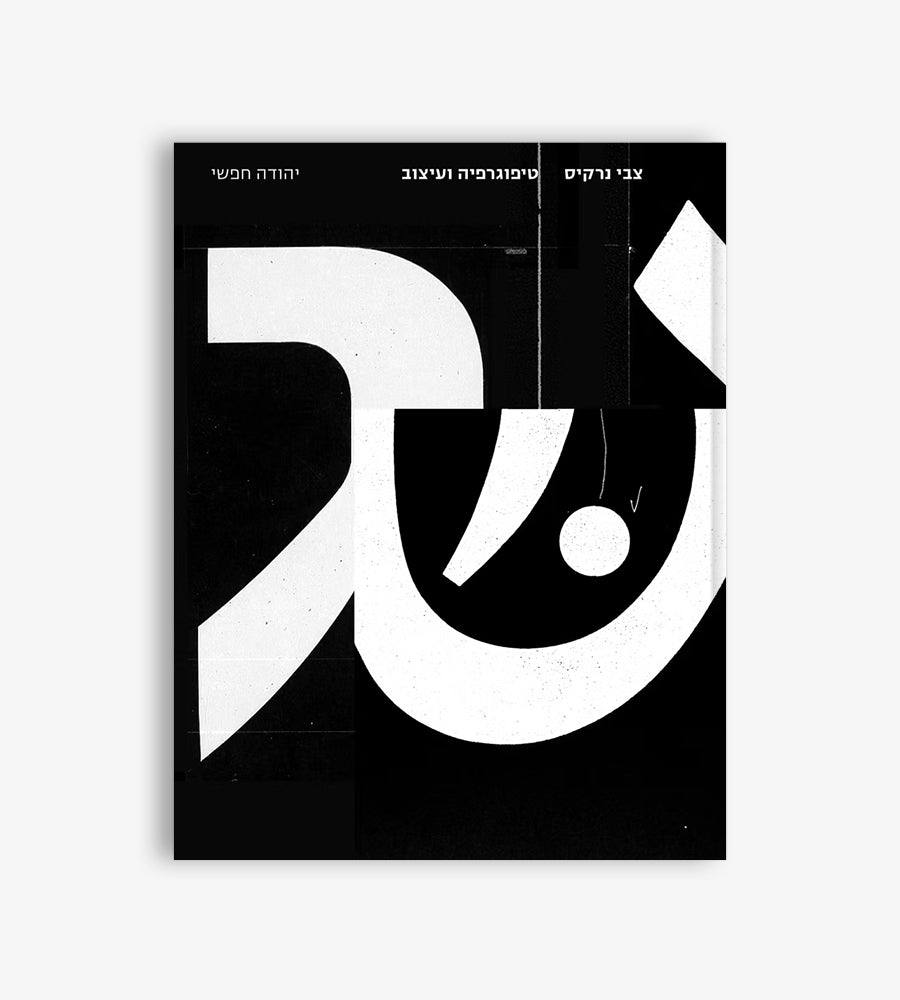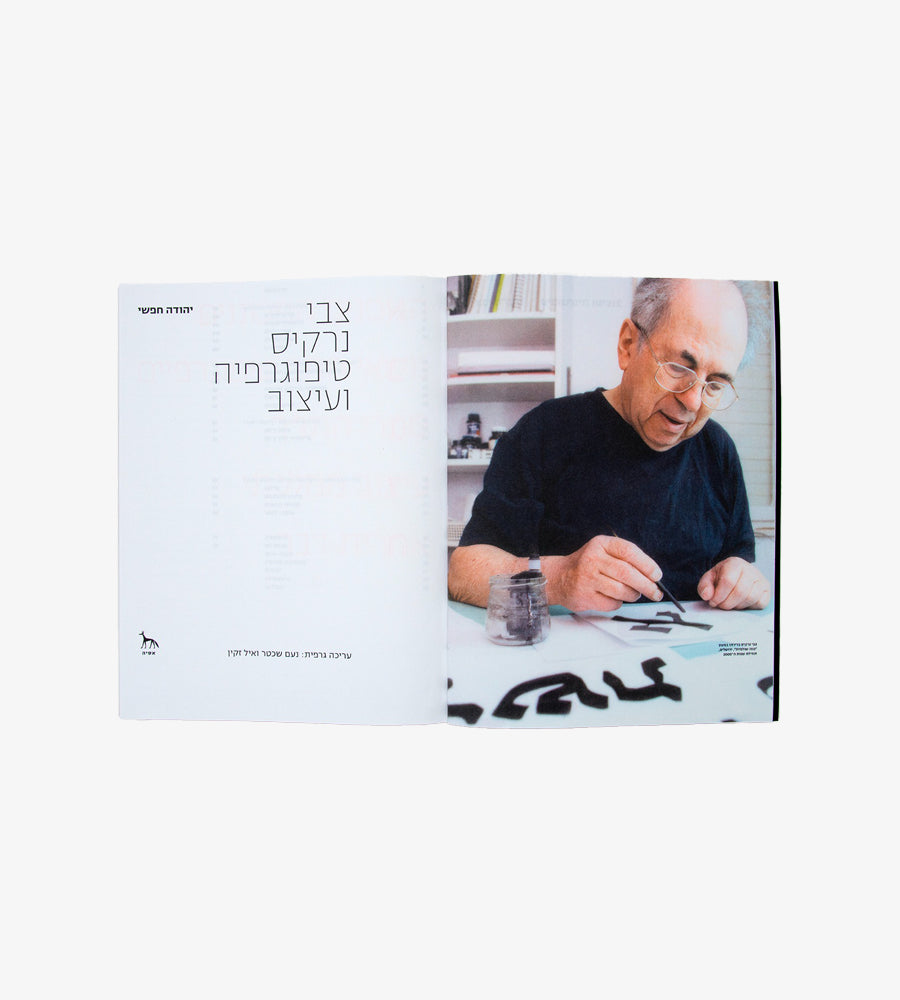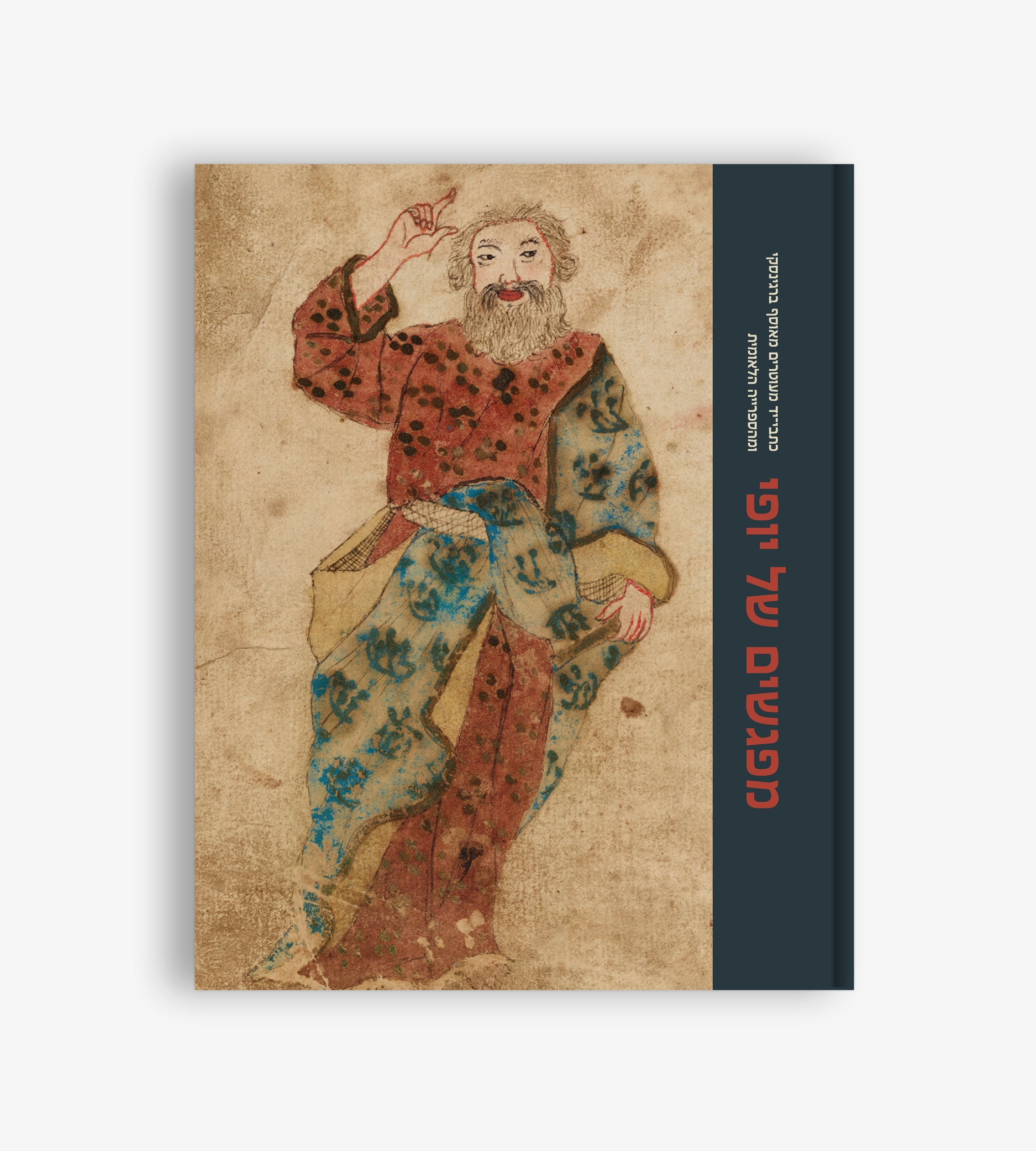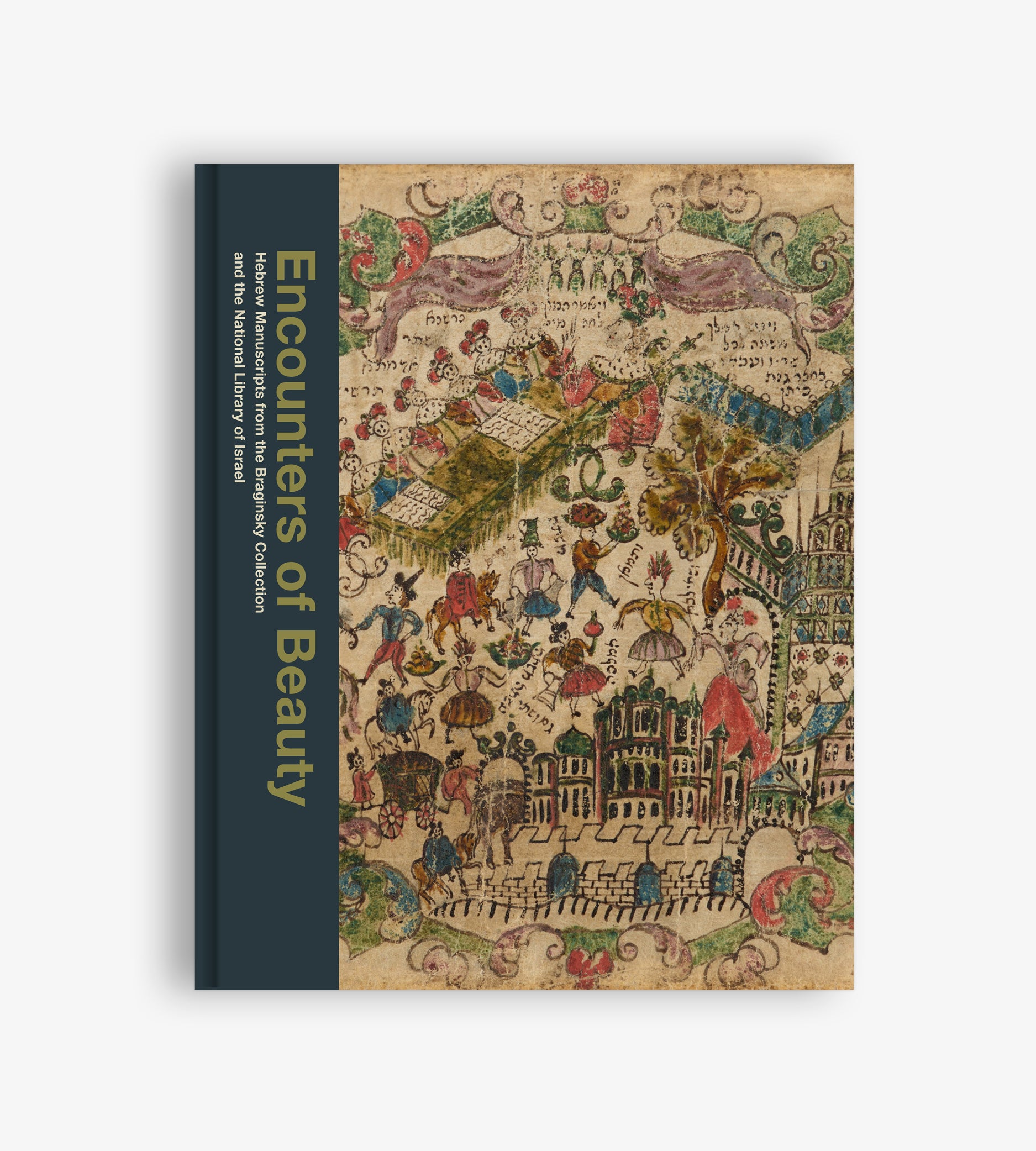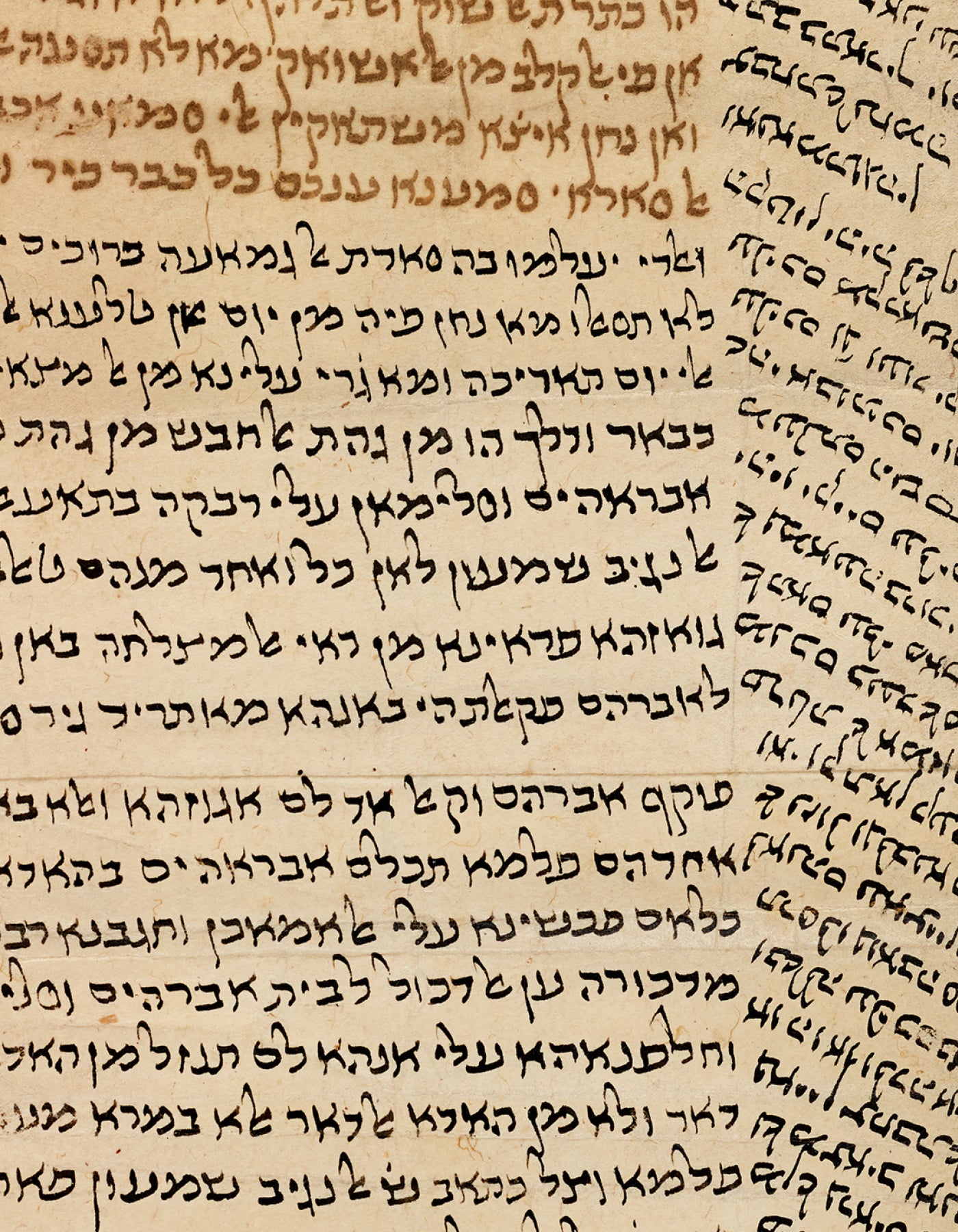
Love and Politics in the Cairo Genizah
Ezra Chwat

People have always been captivated by romantic intrigue. When that intrigue involves a forged marriage contract and international interactions between Karaite, rabbinic, and Muslim audiences in the fourteenth century, it is especially curious. Just such a story appears in a letter from the Cairo Genizah — the cache of about 400,000 largely Jewish documents from the ninth through the nineteenth century found in and around the Ben Ezra Synagogue in Old Cairo.
The letter describes an incident that took place in the Karaite community in Jerusalem in the fourteenth century. Two men, Ibrahim and Suleiman, each insisted on marrying a woman named Rebecca. The community wanted her to marry Ibrahim, but she preferred Suleiman. Ibrahim threatened to murder either Suleiman or Rebecca if his proposal was rejected. In an attempt to subdue tensions, the Karaite community made Rebecca swear not to marry either of the two suitors.
When Ibrahim refused to give up on his hopes of Rebecca’s hand, the leader of the Karaite community swore that no one would ever be permitted to marry Rebecca. Suleiman, in response, threatened to wed her illegally and even went to the rabbinic community in Jerusalem and secured a ketubah (marriage contract) by forging the witnesses’ signatures. After the community discovered the forgery, Rebecca swore that she would not marry either of the two men.
The situation was further aggravated when one of the rivals went to the Muslim court, which imposed a fine on the other man. This letter, one of 800 fragments from the Cairo Genizah held at the National Library, was sent by the leaders of Jerusalem’s Karaite community to the head of the Cairo Karaite community requesting advice on how to solve the predicament. We can only imagine what ultimately happened to Rebecca and her suitors.


